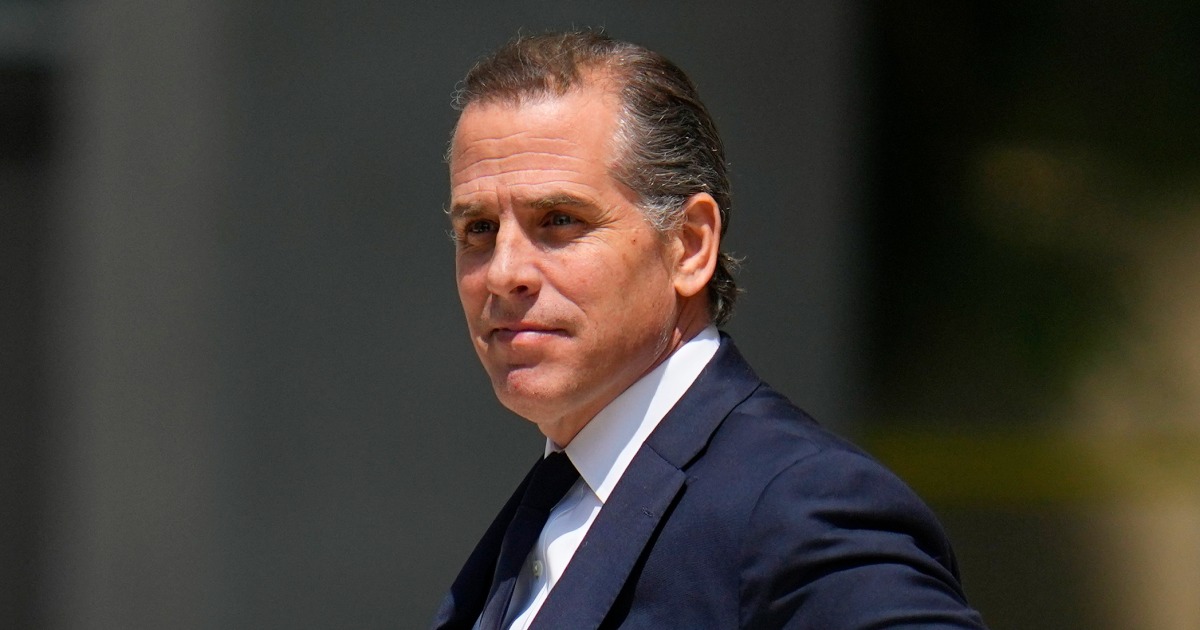Al-O-Meter
Well-Known Member
Not at all. That was their job. They did their job. I do think many defendant's rights to a speedy trial were violated, but on the whole I have no quarrel with the prosecutions of those criminals and believe it to have been a far better way to handle it than to have had the military come in to start putting down protesters using lethal force.Was the DOJ going after participants in the Jan 6 riots weaponization?
Futhermore, I've gone on record believing that Trump should be prosecuted.
Not all parts of the DOJ are corrupt, but the parts that use political oppo research as the foundation for investigation, hide plea agreements, drag feet in filing charges until the statute of limitation expires, and utilize outside-to-box legal theory to prosecute political opponents are things I take issue with.


